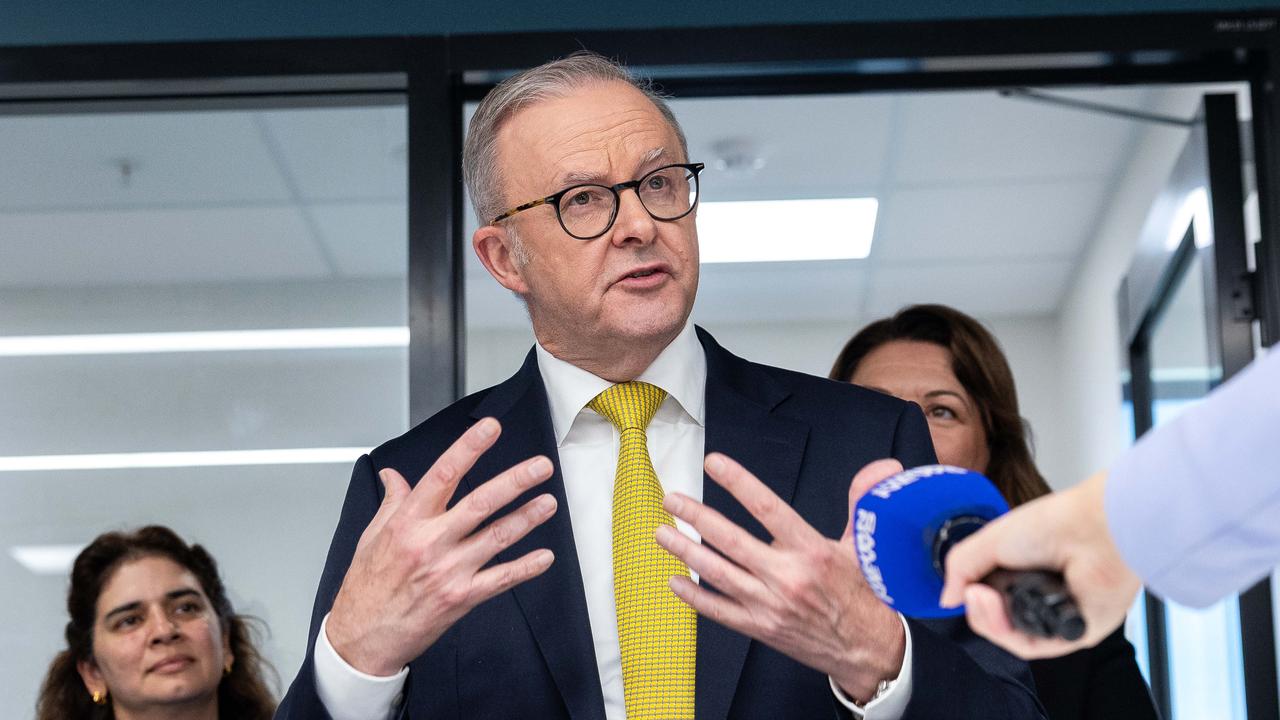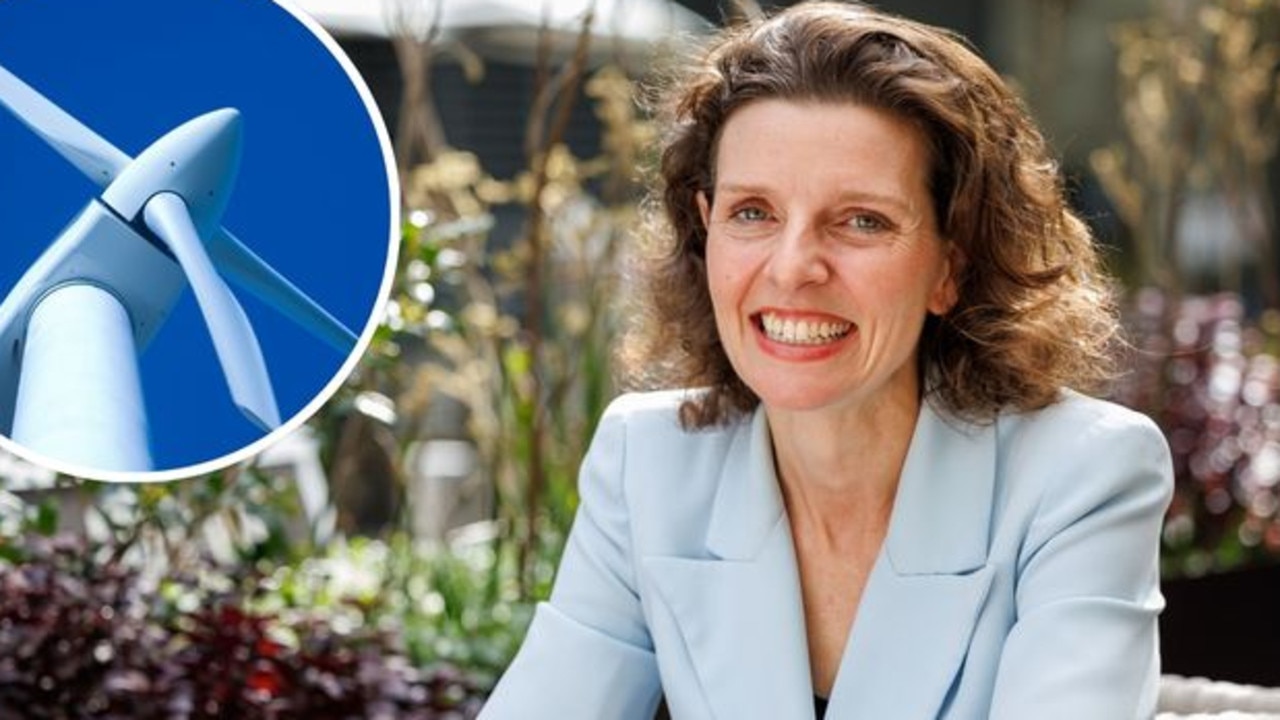Forget Trump, this is the much bigger risk to Aussie trade
One country has warned our LNG exports are at risk because our environmental regulations make us an unreliable trading partner, warns Saxon Davidson.
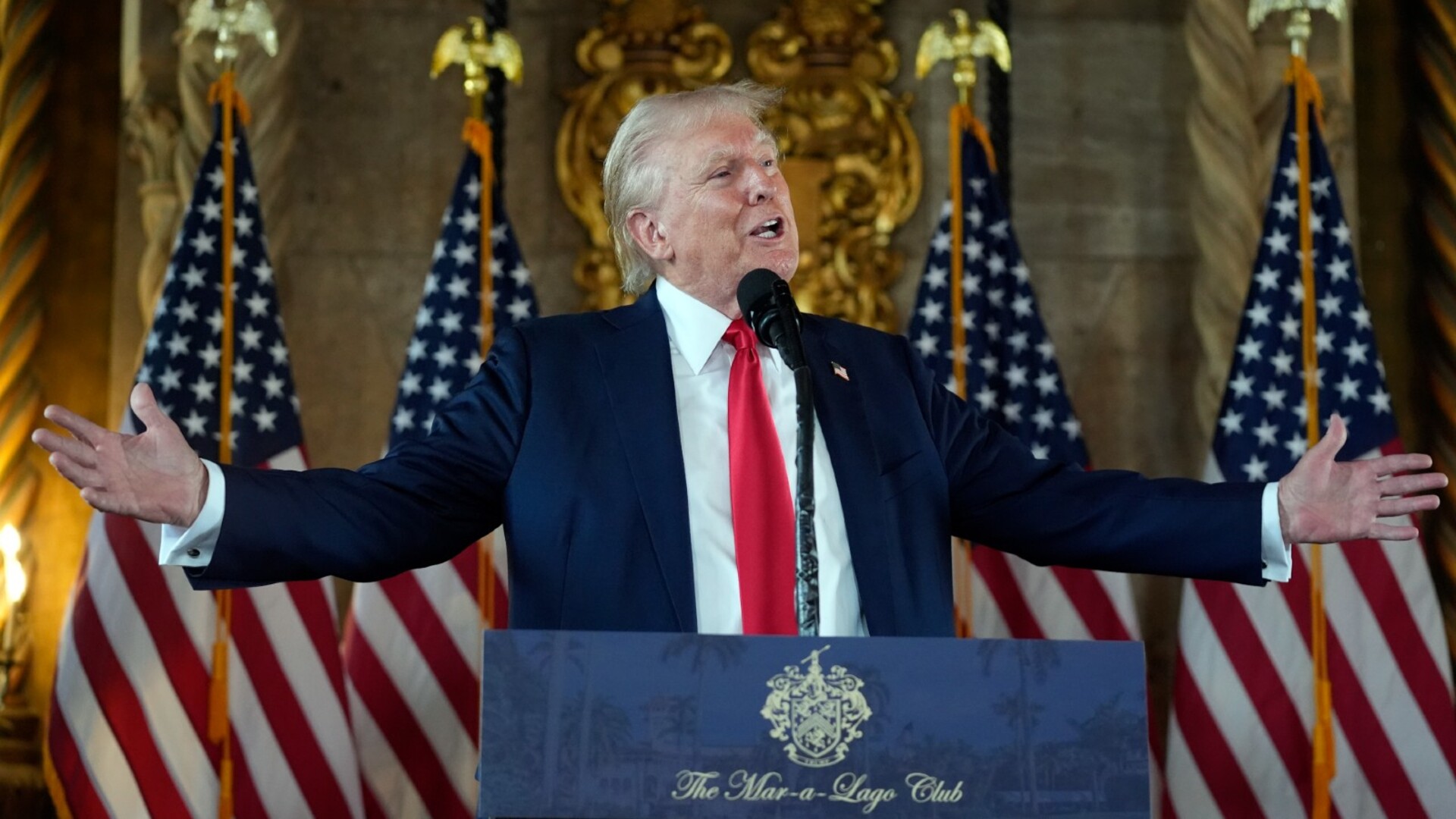
Opinion
Don't miss out on the headlines from Opinion. Followed categories will be added to My News.
There have been two major developments regarding Australian trade in the past weeks, one well publicised but not very consequential, and one relatively undersold but with far harsher consequences.
Even if you had been living under a rock, you would have heard that President Trump will, unfortunately, impose a tariff on Australian steel and aluminium being imported into the United States, with the possibility of more to follow.
With the federal budget set to be delivered on Tuesday, this development leaves many worried about potential impacts on our stagnating economy.
Australia is heavily reliant on international trade to generate national wealth. It is this very wealth that is then invested in the services we all enjoy and is key to our overall economic growth.
Given the centrepiece of Trump’s economic agenda is his trade policy, and in particular the use of tariffs to achieve his administration’s economic objectives, it was always going to be an uphill battle to avoid tariffs like Australia did in Trump’s first term.
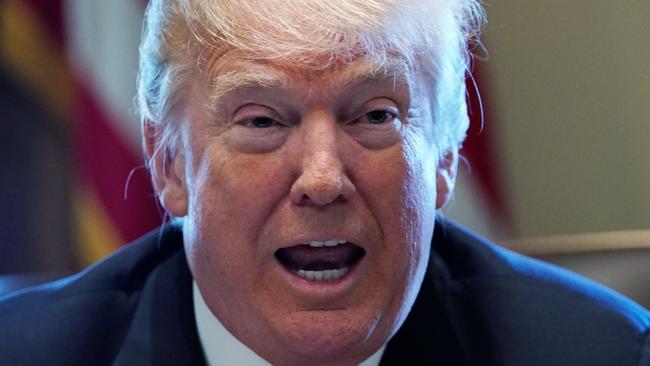
Less reported were warnings from Japanese investors about the regulatory conditions facing Australian gas, including questioning the reliability of us as a trading partner.
Recently Hitoshi Nishizawa, senior vice president of Japanese energy concern JERA spoke at the Future Energy Forum in Perth. Nishizawa stated that the amount, and punitive nature, of environmental regulation in Australia is putting our future LNG trade viability with Japan in jeopardy.
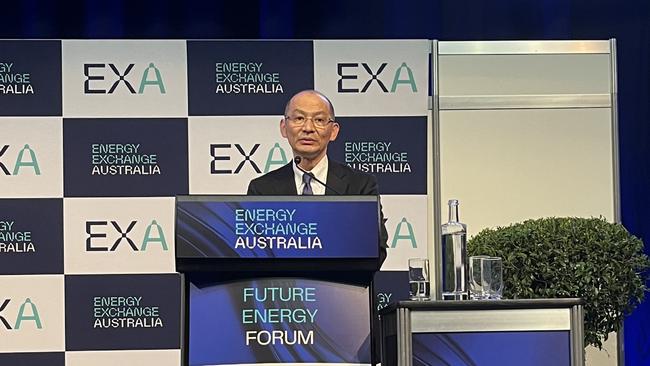
This should be concerning to every Australian, as Japan is a vital trading partner and geopolitically important ally. More broadly, we are the second largest exporter of LNG in the world, and it is an industry that provides thousands of jobs, largely in regional Australia.
What this exposes is the real threat to our export industries (and therefore Jim Chalmers’ budget bottom line) is not tariffs, but rather the prevalence of green tape, implemented and enforced as part of the government’s net zero obsession.
This is especially true when you take into account the fact that our most productive and profitable exports are emission intensive, whether they be produced via mining or agriculture.
If our future LNG trading prospects with Japan are at risk because of our regulatory framework, it is not out of the question that our other key export industries, such as coal and iron ore, are potentially at risk in the long term.
Instead of fixating on factors which we cannot directly control, we should be focusing on cutting the costs we impose on our own export industries, often through red and green tape, to offset any potential economic cost of tariffs.
Today, green tape is at a record high, and this growth has occurred largely under the Albanese government. Institute of Public Affairs’ research has found the number of pages in federal environmental legislation has more than doubled since 2021.
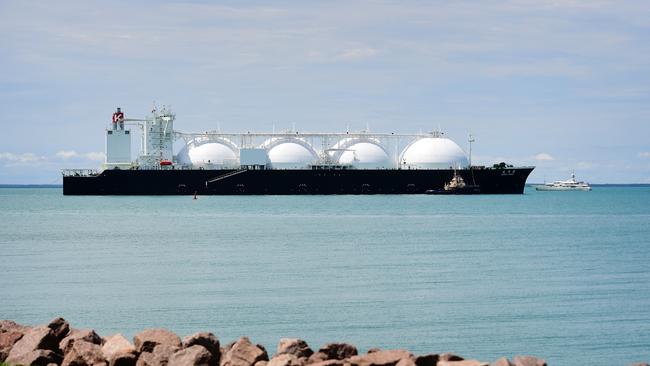
This includes legislation to enforce the emission reduction mandates of the Paris Climate Agreement, the very agreement under which Australia is required to cut the highest amount of emissions, on a per capita level, of any nation across the globe.
To achieve these economy destroying emission reduction targets, the Albanese government invented the ‘Safeguard Mechanism’, requiring Australia’s highest emitting projects to reduce their emissions to below a mandated baseline level every year. It is, essentially, a carbon tax in disguise and all part of the net zero agenda.
Previous IPA analysis of the Safeguard Facility Data reveals that 88 per cent of the projects targeted are in critical industries vital to Australia’s prosperity, international trade capacity, and national security, with 48 per cent of the projects targeted being in coal, gas, and/or oil; 28 per cent focused on mining such as iron ore, copper, and gold; and 12 per cent of projects are focused on manufacturing.
The all-encompassing nature of green tape affects more industries than those targeted by tariffs, and is a far more immediate risk to our trading capacity. We should cut this carbon tax, which jeopardises our vital export industries, before worrying about tariffs.
Having a primary focus on cutting green tape, rather than reacting to what occurs overseas, is the best and most efficient way to safeguard our nation’s prosperity.
It might make those in the Canberra bubble feel morally superior to go around blaming Donald Trump for our trade woes, but those of us genuinely concerned about our economic future should take a look in our own backyard and get out of the way of our most productive industries.
Saxon Davidson is a Research Fellow at the Institute of Public Affairs



